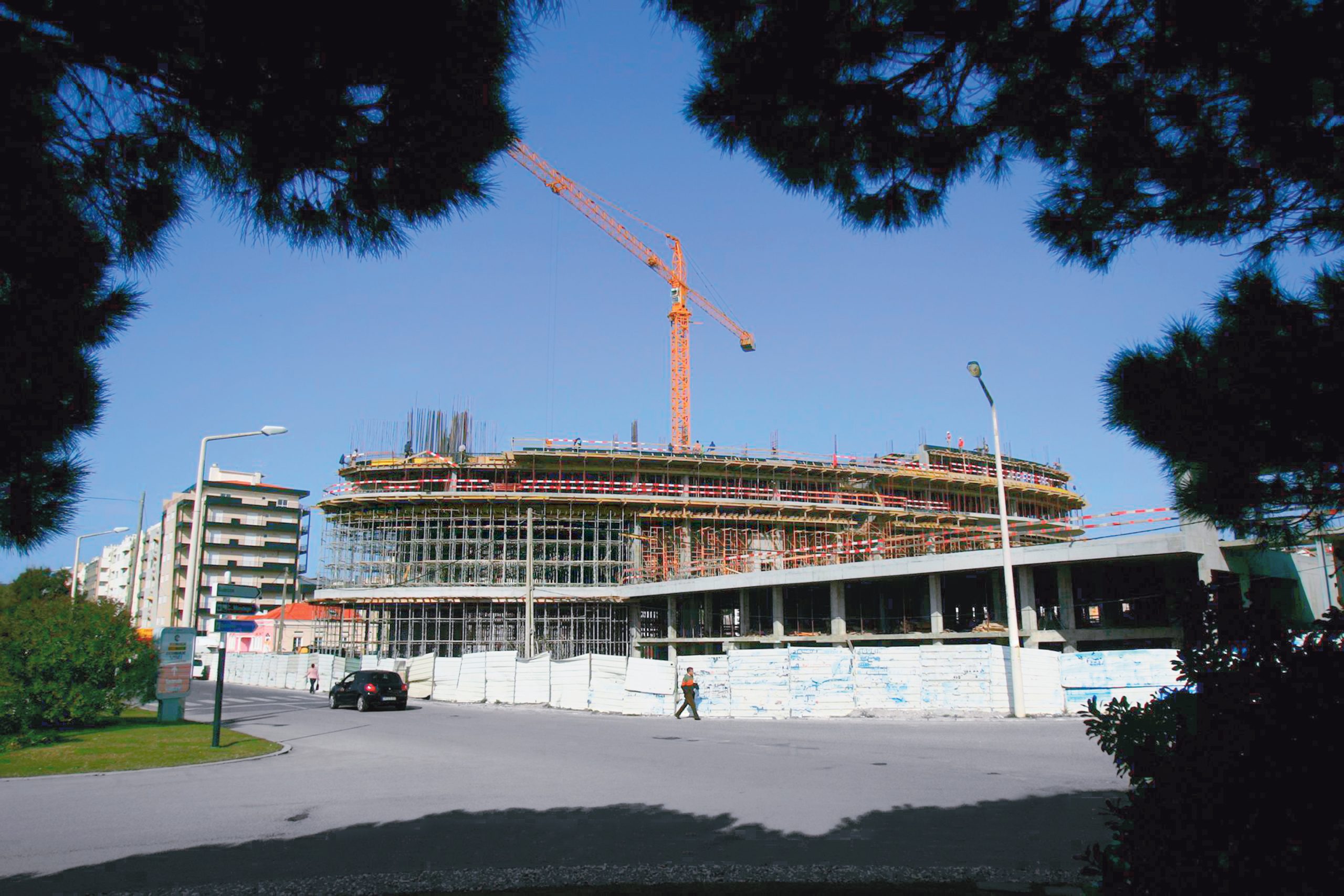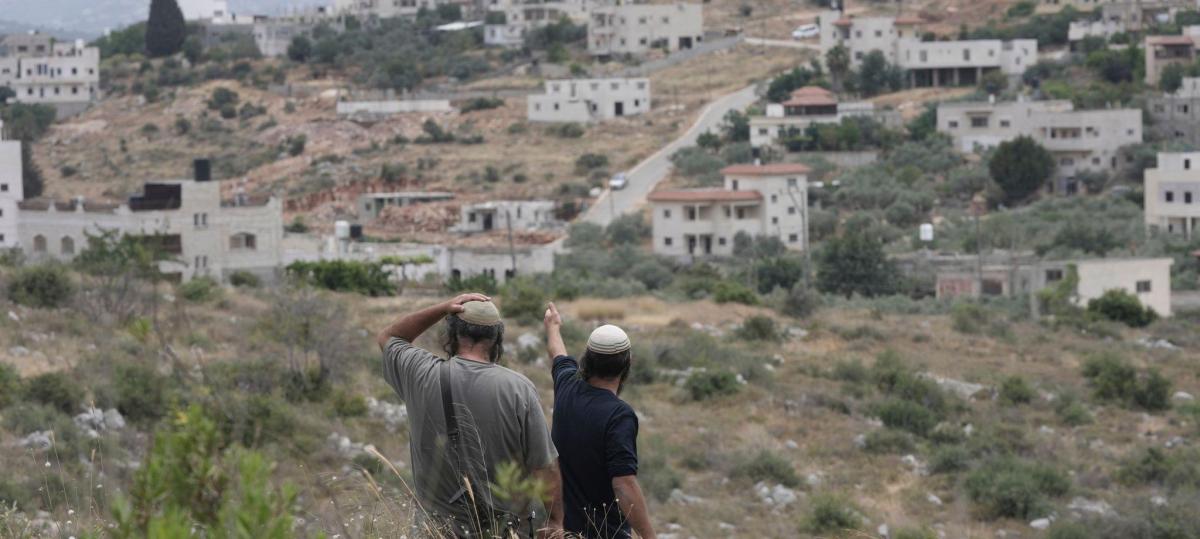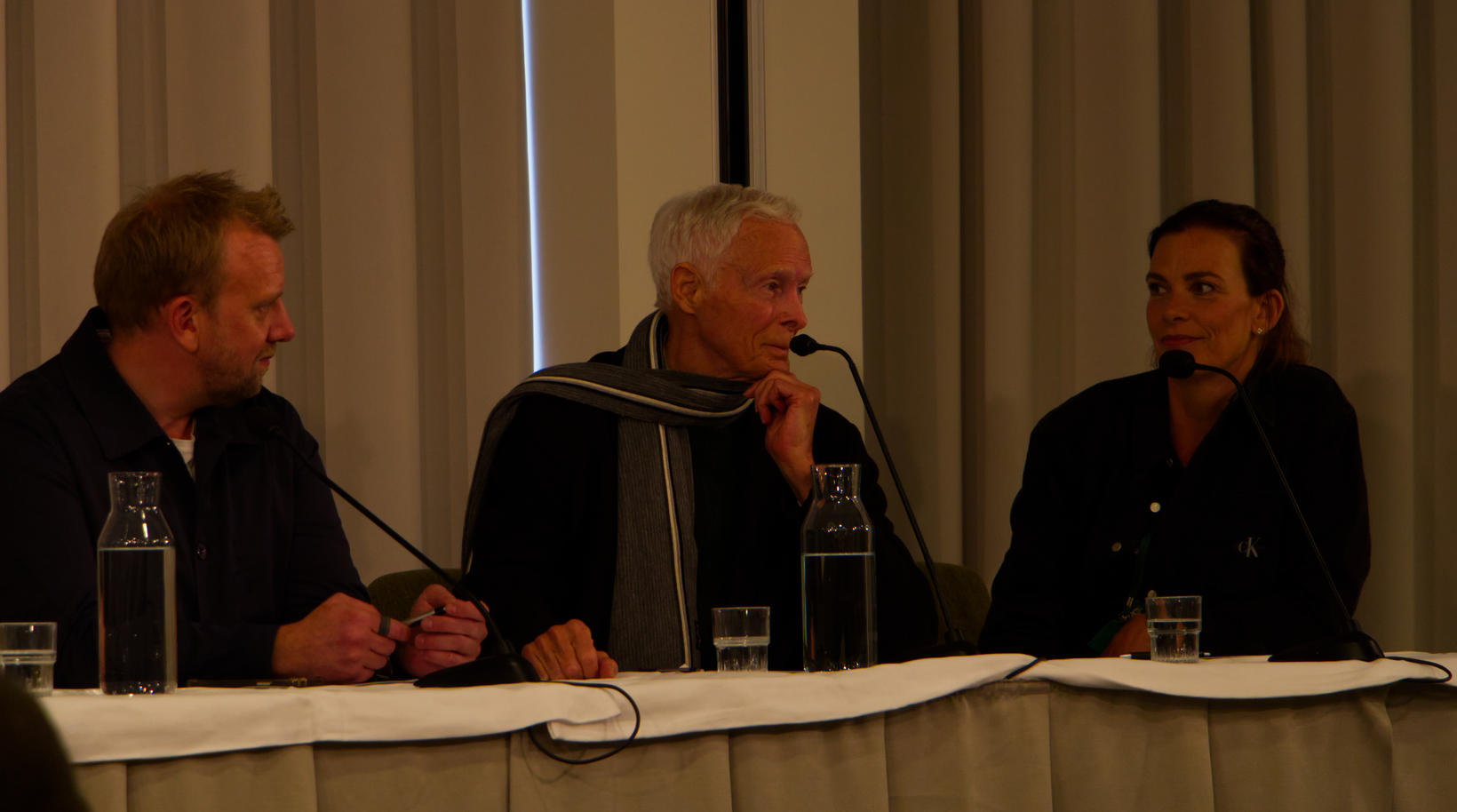Last word in the hand of Marcelo but little confident experts

The last word in relation to the changes in the law of soils approved in Parliament is up to the President of the Republic. The diploma now goes to Belém for promulgation, but it is expected to receive green light. At the sunrise, Helena Roseta, one of the promoters of the government's open letter against these modifications, believes it is to move forward. “This time changes were approved by a very large majority and were approved by both the PS and PSD. The president has much to take much to take, ”he says.
Among the main approved change proposals is the replacement of the concept of 'moderate value' housing – used by the government – by 'accessible lease' or 'at controlled costs'. Another of the changes concerns the fact that in order to requalify the land, it will have to communicate to the City Hall whether the rustic property has the potential to become a construction space. However, municipalities can only allow it if the reclassification of rustic soils in urban ones has as its purpose housing construction and that a minimum of 70% of the total construction area will be intended for public housing, affordable lease or housing at controlled costs.
Changes that do not convince Helena Roseta. «Evil is done. We are trying to straighten the shadow of a crooked stick. It is a damage control. It is a smaller evil and it was less evil than it was. The moderate value that clearly served to inflate prices was taken, some small changes were made, but they are small safeguards, protected a bit better from the national ecological reserve, but not from the national agricultural reserve, where a substantial part is not protected, which is bad, ”he says.
The Guilt of Simplex
Roseta says the problem remains but also points to blames the socialist party. «The law is a mistake and the PS was a bit conditioned in this respect because the door for this law to leave as it came out was opened by the urban simplex of the previous government. So far only the classification of rustic soil could be changed as urban through a territorial plan: director or detail, the plans took a long time and António Costa was very pressured to accelerate this, eventually added in the law of soils a point to say that they could be changed by plans or by deliberation of the Chamber and Municipal Assembly. This government took advantage of the open door, did not move the soil law that was on the government program and moved only in the plans regime, ”he said.
Pedro Bingre do Amaral, president of the League for Nature Protection (LPN), who signed the open letter promoted by Helena Roseta, praises the reduction of the maximum price authorized for the sale of properties, but regrets the final result. At the sunrise, he states that « nothing guarantees that prices can be lowered because they speak of a 25% reduction in relation to the national average » and says that, from a statistical point of view, it is not guaranteed that prices are controlled. « Who guarantees that a property that is built under these conditions cannot then be converted into local accommodation or to be leased? » And in this case, according to it, in practice will value the property then neutralizing its effects.
The problems are not here. According to Pedro Bingre do Amaral, regardless of the gross value of the property believes that we will continue to have a problem because it understands that these changes authorize construction outside current urban perimeters. “This law will unequivocally increase dispersion. This government has chosen to create a mechanism that forced the entry into the market of expectant land around cities. It will not resolve anything strictly, ”he says.
Alongside this, he also says he would like to see, from the law was passed on January 29 until this review, how many subdivisions have already been approved. «How many projects went through this way? And how many projects have entered with calls to the authors of the law? This law had been announced in late November. In early December, the real estate agencies announced on their websites how to convert rustic soil into urban soil. Those who have been well prepared on the first day that the law came into force could put the projects. If it is politically well placed with the municipality, it has been able to approve its subdivisions, ”he says.
Pedro Bingre do Amaral also rocks the Socialist Party. «PS has contemporated this measure and we must not forget that the material author of this law is a former secretary of state of the Socialist Party. All people who were involved in the realization of this law, from the external consultant to the Secretary of State, the minister and the Prime Minister all are linked to the real estate sector, legislated in their own sector, ”he criticizes.
EXTENDING RISK
The official also draws attention to the fact that the five -year period that was defined for its execution will easily be extended. « As much as the government says that the license has a limited period of time we know that then it will be extended ad eternum, as is customary in this country. » And it gives as an example what happened to the municipal master plans in which, according to the 2014 Bases Act, they should all be reviewed on that date, but 70% of the municipalities did not comply with the deadlines and were receiving extension authorization. « If successive governments have allowed the extension of the revision of municipal master plans to maintain the status quo, then what does we assure us that they will not extend these licenses, how has it been widespread practice? » Express the license because it does not devalue the security and generates imparities in the real estate assets portfolios. Therefore, it is evident that there will be no expiration of these licenses. In the Portuguese body, there is no history of the Lotting Permit. This does not exist ».
Low price
The Chairman of the Nature Protection League removes any consequences in price reduction and nods with the statements of the real estate agencies that have already dismissed this scenario. « The government and its advisors are the only ones who say it will lower, there is rigorously any consensus except with some real estate prosecutors who say it will be very good because they will be able to sell landscapes at an inflated price, » he says.
And even if we assist that we were assisting a reduction in values, the official believes we would watch a situation that has been happening since 1965, where « the city grows due to the owner's whim. » And it goes further: “Does the law say that the new allotment license will start at the impetus of the interested owner? So now the city grows on the impulse of private? When a neighborhood is built, this implies charges for the present and future generations. So now is the owner of a farm that decides to do city? Now is it a mayor who will decide that a few kilometers from the center will grow a neighborhood in a farm? This is what we have been doing since 1965 with the results we see. This is perpetuating the 1965 error of the subpersite subdivisions by Thursdays and couples. This is not how a city is growing.
Also the Portuguese Association of Real Estate Prosecutors and Investors (APPII) warns of the negative impacts of recent changes to the soil law discussed and approved in Parliament. According to the association, the changes introduced can make the practical applicability of the law unfeasible and to rule out effective solutions to the housing crisis that is felt in the country. «Soil law, initially seen by the sector as a positive measure within a broader package – which included simplex and VAT adjustments – was significantly changed, generating great concern among promoters and real estate investors. What yesterday seemed to be a breakthrough, today it risks becoming a measure without real impact. With the changes proposed in Parliament, the law may lose any practical effect on the promotion of housing supply, ”says Hugo Santos Ferreira, president of the entity.
More bureaucracies
And identifies three obstacles critical to the application of the new soil law: 'More bureaucracy in soil reclassification, return to controlled cost housing regime – replacing the concept of' moderate cost housing 'by the' controlled cost housing 'regime brings additional challenges. This model has already proved bureaucratic and ineffective in the past, making it difficult to promote new housing projects – financial requirements maladjusted to the reality of the sector: the new requirement to prove economic viability and financing sources even before the existence of a concrete project creates an additional obstacle. Which bank will approve a financing without even a definite project?
According to APPII, the real estate sector has been the target of unfair criticism and cannot continue to be treated as 'the villain' of the housing problem, ”noting that it represents 15% of the value of national GDP and, despite arguing that it wants to be part of the solution, says it is essential that Parliament creates viable conditions to increase -the housing offer.








